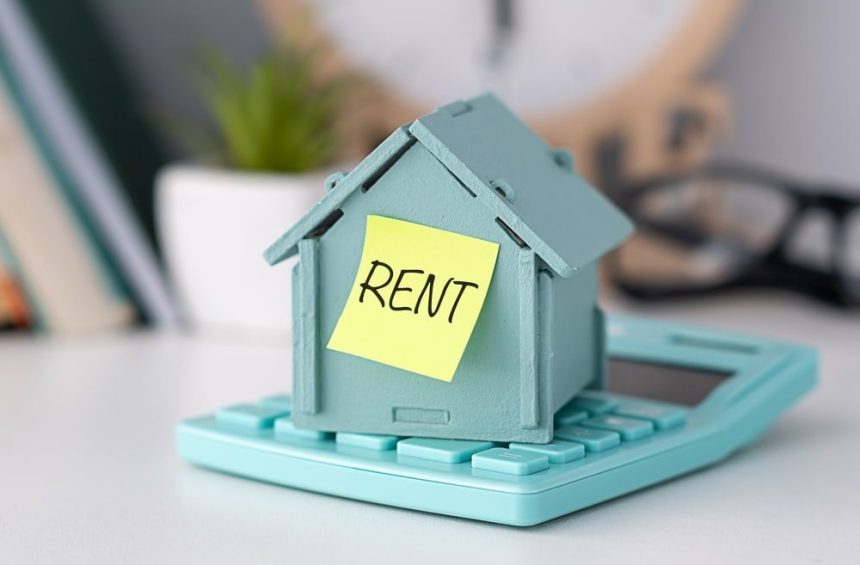Across major cities in the South-East region of Nigeria, an unrelenting surge in house rents is forcing residents—particularly low-income earners, public servants, and small business owners—into financial distress. From Enugu to Awka, Owerri to Umuahia, and down to Abakaliki, the housing crisis has deepened, with tenants lamenting the unbearable cost of accommodation in the face of stagnant earnings and rising inflation.
In Awka, the Anambra State capital, the story is typical. A 3-bedroom apartment that once cost between ₦150,000 to ₦250,000 annually now goes for as high as ₦700,000. For many like civil servant Augustine Okeke, the escalation was too steep to manage. “I had to move my family from the city to the outskirts in Nibo,” he said, noting the increased cost of commuting and declining quality of life. “I even had to withdraw my children from private school. The rent increment broke us.”
The rent pressure, many residents say, has been compounded by the influx of wealthy individuals, including suspected internet fraudsters, popularly known as “Yahoo Boys,” who pay any amount demanded without negotiation. “They are driving the market up,” said a housing agent in Umuahia who identified herself as Blessing. “They pay two years upfront, and landlords now want similar deals from everyone.”
In cities like Owerri, the Imo State capital, landlords cite the rising cost of building materials and maintenance as justification for rent hikes—even for properties constructed decades ago. “There is no amount of rent that can cover what it takes to build or renovate now,” said Osita Maduka, a landlord in Awka, whose flats remain unoccupied despite reduced rent offers.

Meanwhile, the regional governments are beginning to respond. In Enugu State, the House of Assembly has taken steps to regulate housing rents through the proposed Landlord and Tenant (Amendment) Bill, 2025. Sponsored by Hon. Okey Mbah, the bill aims to limit agency fees, eliminate caution fees, and regulate arbitrary annual increases. “We want to stabilize the rent system and protect tenants from exploitation,” said Speaker Uche Ugwu, noting the bill had passed public hearing and was now under committee review.
In Ebonyi State, where rents in Abakaliki have soared to as much as ₦1.3 million annually, the House of Assembly has also introduced an executive bill seeking to regulate landlord-tenant relations and reduce housing-related financial pressures. Similarly, Anambra and Abia residents continue to call on their state governments to follow suit with affordable housing programs and improved urban planning.
Housing experts and civil society actors have described the situation as a looming crisis. “We are witnessing an exodus of workers from city centers to rural fringes. It’s unsustainable,” said Dr. Tony Ekwe, a former university dean in Imo. “Unless the state steps in with deliberate housing policies, we will see a collapse in the urban economy.”
Tenants also fault estate agents for fueling the hikes. Theophilus Nwaoga, a civil servant in Owerri, accused some agents of manipulating rents to increase their commission. “I spent over ₦700,000 just to secure a moderate two-bedroom apartment after adding agency and legal fees. My salary cannot sustain this yearly.”
Some landlords, however, blame macroeconomic conditions. Chimaobi Njoku, a retired civil servant and property owner in Aba, said: “We’re also trying to survive. The cost of living has gone up. If rent doesn’t go up, we can’t meet our own needs.”
With the pressure mounting, attention is now turning to governments and lawmakers across the region to enforce regulations and expand access to affordable housing, particularly for vulnerable populations. Analysts say failure to act could deepen urban poverty, widen inequality, and strain already stretched infrastructure in suburban areas.
“The housing issue is not just about buildings; it’s about dignity, economic survival, and stability for families,” said Chinonso Eze, a fashion designer in Umuahia. “People are choking, and something must give.”



